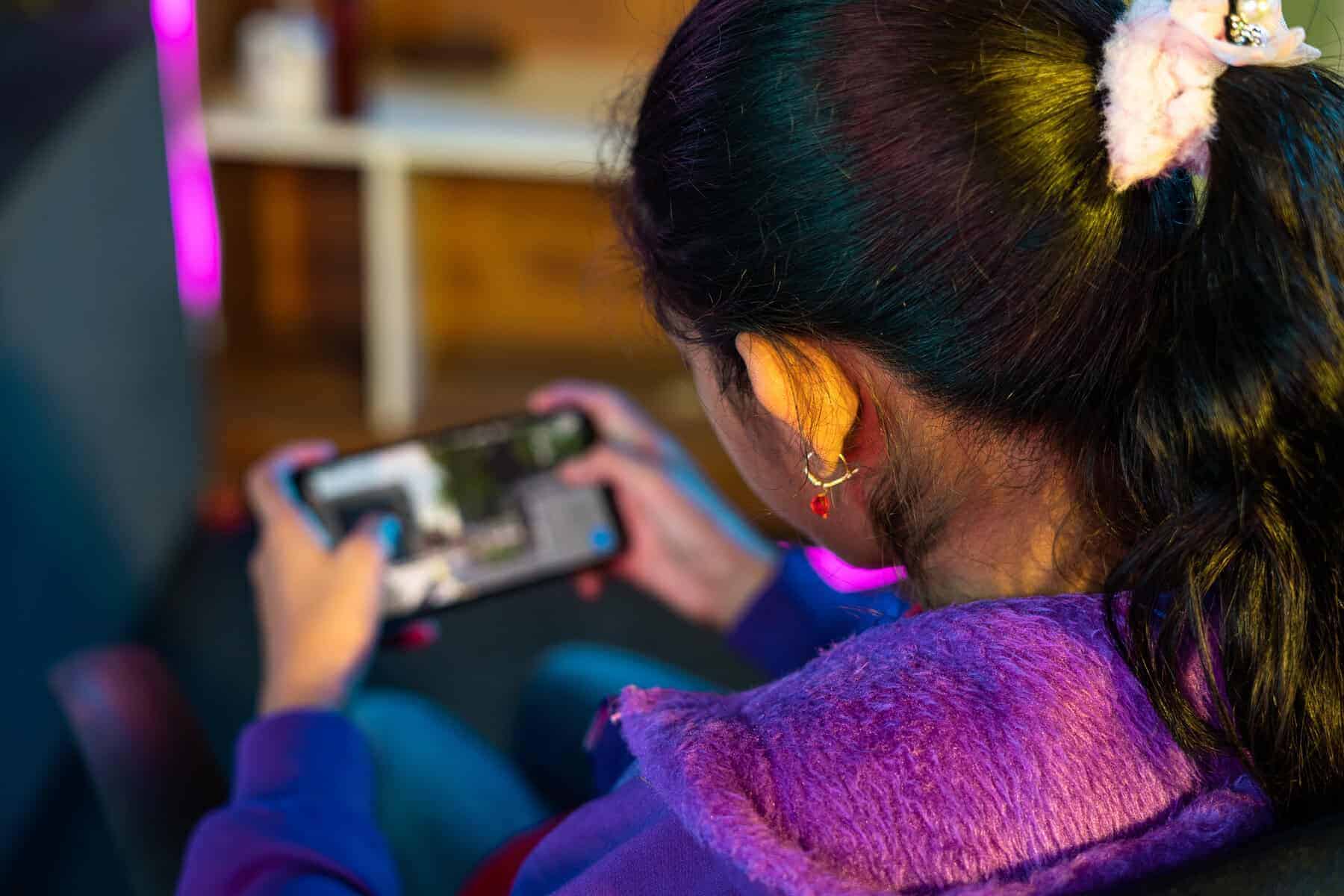Online experience platform Roblox has been making the news for all the wrong reasons. Expert warns children are at risk from predators.

Roblox is a platform of dreams. It’s a sandbox adventure cauldron with thousands of what it calls ‘experiences’.
They’re not games, but drawn and blocky make-believe worlds in the tradition of Minecraft, where players can connect, engage and buy stuff to enhance their virtual lives.
It’s a place where children can go to explore, learn and, importantly, have fun online.
Until it wasn’t anymore.
Predators have infiltrated the platform and turned the 70 million daily users, of which many are tweens, into a place just as dangerous as a dark alley in Hillbrow.
Now lawsuits, heartbreak and horror stories are stacking up globally.
The common thread in all of them is that children were groomed, manipulated, or exploited. Roblox became, unintentionally or not, a predator’s paradise.
A fake birthdate is all it takes to access teen and adult content.
Research showed that in 2023 alone, reports of child exploitation linked to Roblox numbered more than 13 000 while the company’s revenue passed $3.5 billion, most of it from in-game microtransactions made possible by Robux, the platform’s own purchasable currency.
Unintentional predatorial playground
Research has shown that many of these predators pretend to be slightly older teenagers.
They spend time together playing the same games, speak the same slang, and act like the “cool older friend” every tween kind of wants to be.
It starts with an innocent conversation, but slowly the predator begins to tighten the leash. The process is always the same to capture impressionable minds. The predators praise, flatter and listen attentively to the child so the kid feels special. All to create a relationship of trust.
Psychologist Dr Jonathan Redelinghuys said that the danger lies in this misplaced trust.
“Parents assume that a game that looks colourful and childlike must be safe,” he said. “That’s what predators depend on. They use the comfort of that environment to build trust, both with children and their parents.”
He explained that predators are no longer strangers in trench coats. They are avatars, hiding in plain sight, speaking the same digital language as their targets.
After a period of virtual chinwags, the predators start pushing boundaries. A joke turns inappropriate. A direct message gets a little too personal. And before long, the predator asks the child to move the conversation somewhere more private.
They use channels like Discord, Snapchat and Instagram, among others. Predators choose messaging platforms where parents can’t see what’s happening.

Hidden social media chats
Dr Redelinghuys said that off-platform is where the most dangerous grooming begins.
“Once the child is isolated, the predator becomes their confidant,” he said. “They replace real-life relationships with false intimacy. The child feels understood, even loved, and by then, it’s too late to see the danger clearly.”
ALSO READ: Why Gen Z fears phones
Many children also have two social media accounts, an expert told The Citizen. One account is used for public engagement and parental transparency, while a second account is set up for offline and more concerning conversations.
“It is all over the place. Pick your social platform, and you are bound to find this duality. It is frightening and genuinely concerning,” they said.
“In severe cases, children can even be trafficked or sexploited online, coaxed into participating in pornography or paedophilic activities. And it’s happening in South Africa as much as in the rest of the world.”
Typically, a predator’s tools of the trade include flattery to break down defences, said Dr Redelinghuys. “You’re talented,” “You could be famous,” or “You’d be perfect for my game.”
It sounds like opportunity. It feels like friendship.
“It’s manipulation,” he said. “Children, especially those who are lonely, anxious or navigating changes in their lives, are more vulnerable. The predator becomes the only person who purportedly understands them.”
From there, the control becomes ingrained, and so does the child’s fear of losing that connection. Case studies researched all show the same pattern.
Children fear losing connections
Dangerously Robux is being used to bait kids. Currency becomes the promise of gifts or rewards, tricking children into sharing personal details or sending inappropriate content.
Some even create entire games that look harmless, like fashion shows, talent competitions, or building contests. But beneath the veneer of play lies a plot to lure kids into private servers where the actual harm occurs.
In Roblox, most games allow users to create these private servers to play in isolated environments with friends; some legitimate experiences offer these as a brand and marketing extension. The problem is that predators have the same tools available.
Dr Redelinghuys said that predators are organised and calculated.
“They study the platform, they learn the language, and they use the same creativity as the kids themselves. Only their goal is far more sinister,” he said.
And while Roblox removes harmful content, critics say moderation is inconsistent.
Research has shown that many exploitative games reappear within days under new names, and reports of harm are often addressed only after the fact, he said.
“These people are master manipulators,” said Redelinghuys. “They exploit normal child psychology. The curiosity, the need for connection, the thrill of being chosen. What looks like a simple online friendship is often the start of something far darker.”
‘Don’t tell your parents’
They often tell kids not to tell their parents about the friendship, because, well, ‘your folks just won’t understand’.
Dr Redelinghuys said that protecting children online must be an absolute priority for platforms like Roblox.
“If you’re making billions from children, then protecting them must be the first priority, not an afterthought.”
He said that stronger verification, better moderation, and faster removal of flagged content are not just ethical obligations, they are urgent necessities. Parents, he said, need to step into their children’s digital worlds rather than standing guard at the edges.
“Play a game with your child. Ask about their online friends. Make it normal to talk about who they meet online,” he said. “The more open that dialogue, the less power predators have. They thrive in secrecy and shame.”
NOW READ: Getting ready for Grade 1: What every parent should know
Support Local Journalism
Add The Citizen as a Preferred Source on Google and follow us on Google News to see more of our trusted reporting in Google News and Top Stories.






